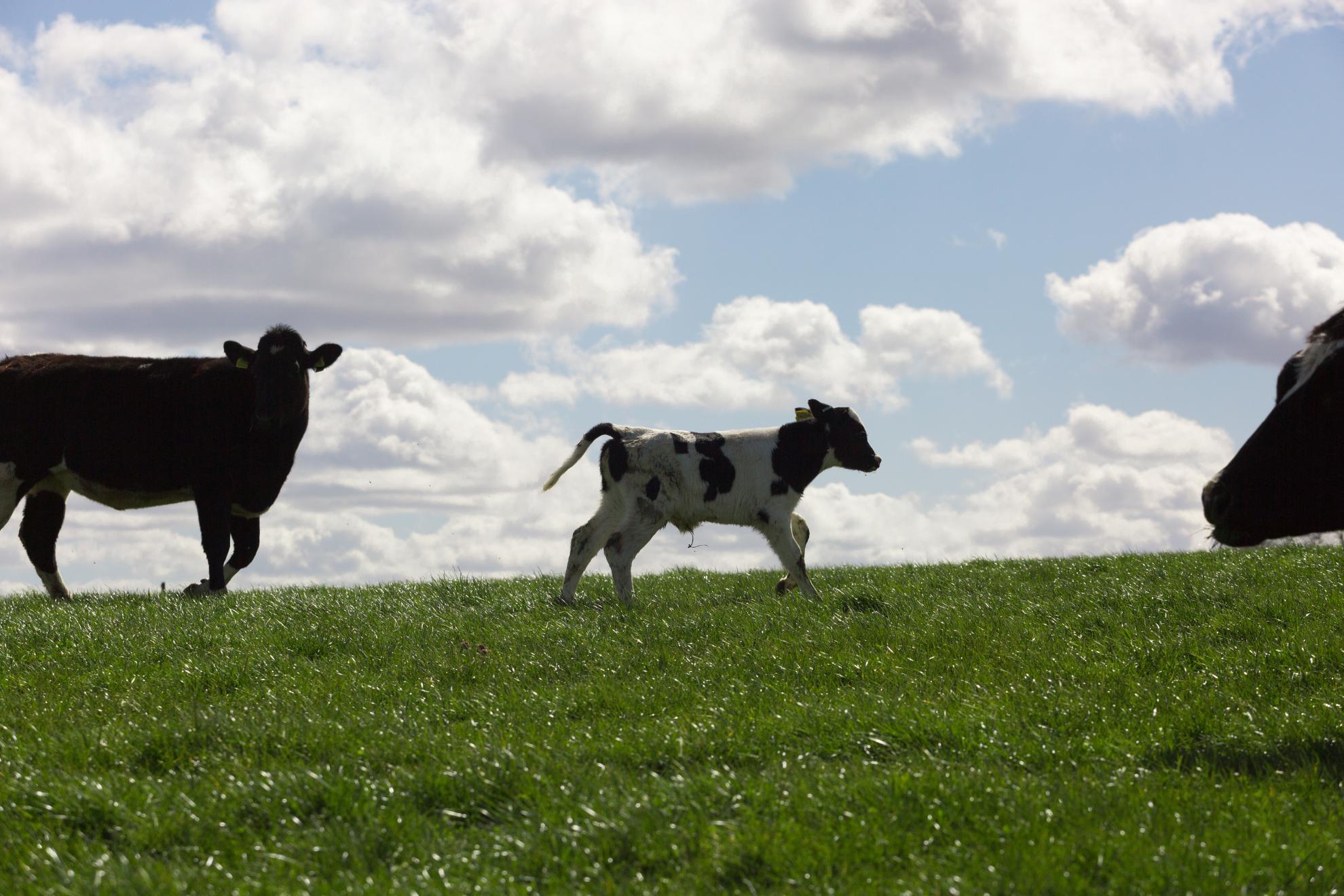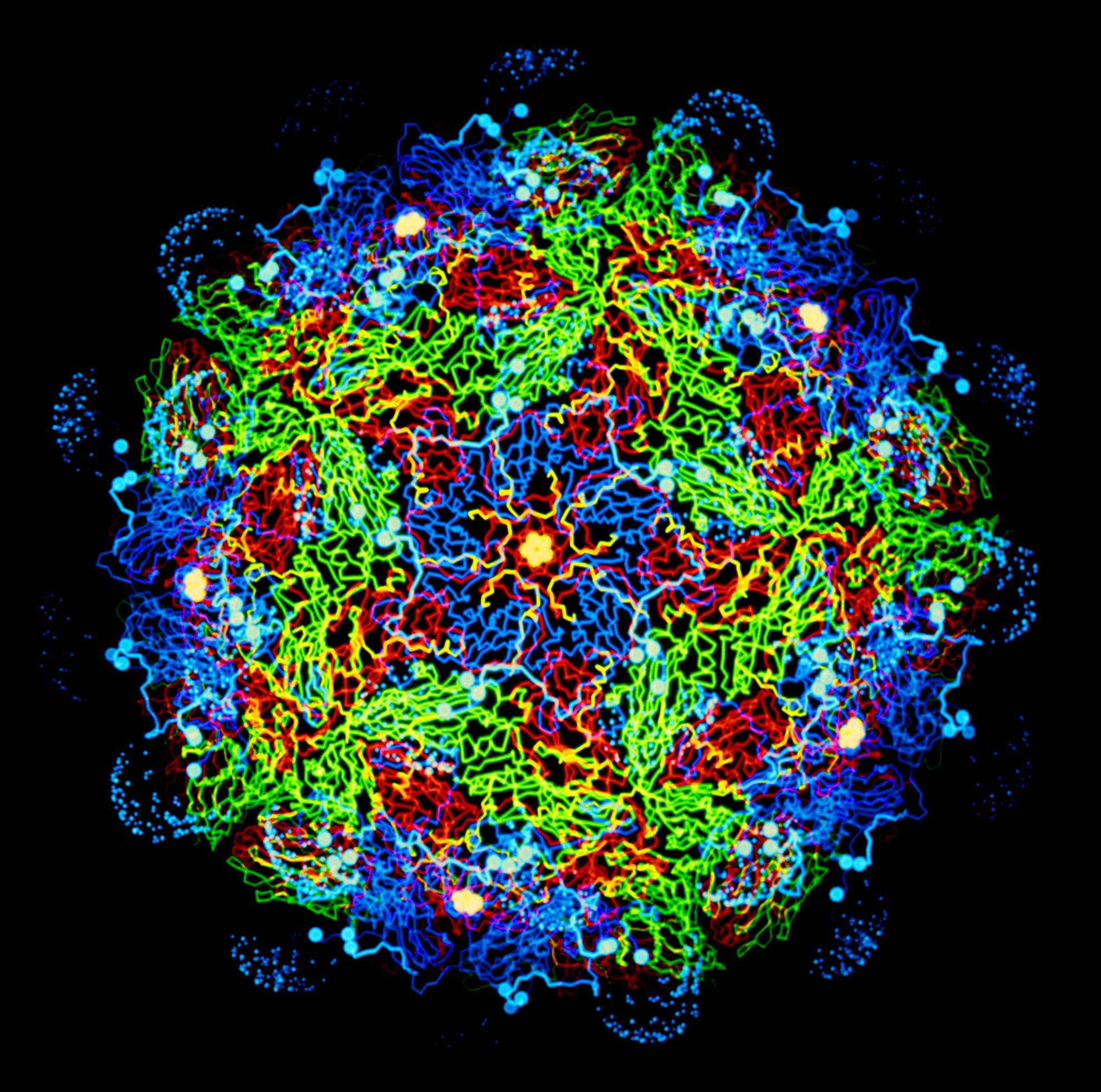Two lineages of KLRA with contrasting transcription patterns have been conserved at a single locus during ruminant speciation
Cattle possess the most diverse repertoire of NK cell receptor genes among all mammals studied to date. Killer cell receptor genes encoded within the NK complex and killer cell Ig-like receptor genes encoded within the leukocyte receptor complex have both been expanded and diversified. Our previous studies identified two divergent and polymorphic KLRA alleles within the NK complex in the Holstein-Friesian breed of dairy cattle. By examining a much larger cohort and other ruminant species, we demonstrate the emergence and fixation of two KLRA allele lineages (KLRA*01 and -*02) at a single locus during ruminant speciation. Subsequent recombination events between these allele lineages have increased the frequency of KLRA*02 extracellular domains. KLRA*01 and KLRA*02 transcription levels contrasted in response to cytokine stimulation, whereas homozygous animals consistently transcribed higher levels of KLRA, regardless of the allele lineage. KLRA*02 mRNA levels were also generally higher than KLRA*01. Collectively, these data point toward alternative functional roles governed by KLRA genotype and allele lineage. On a background of high genetic diversity of NK cell receptor genes, this KLRA allele fixation points to fundamental and potentially differential function roles.

